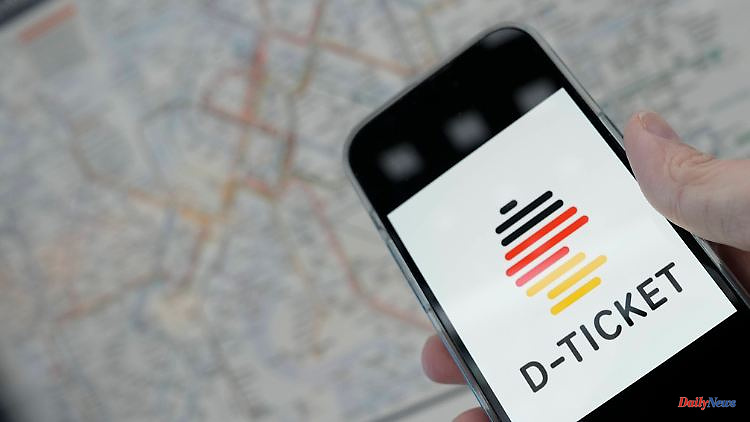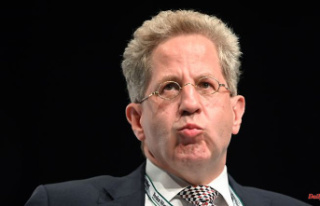It comes with a delay, but it comes: With a law, the federal government is putting the Deutschlandticket on the launch pad. Start is May 1st. An overview of what the 49-euro subscription means for train passengers.
The federal government officially launched the 49-euro ticket planned for May 1 by cabinet decision. The monthly ticket for local transport, which is valid nationwide, is intended to promote the switch to public transport and relieve the burden on citizens who are burdened by high prices. It builds on the experience of the popular €9 ticket.
Where is the 49 euro ticket valid?
The 49-euro ticket will be valid on all local public transport in Germany from May 1st, i.e. on regional trains, buses, trams, underground and suburban trains. There should only be exceptions for certain special services such as museum railways or ferries. Not included are ICE, EC and IC as well as other long-distance trains or long-distance buses. However, the price for the offer, which is officially called Deutschlandticket, could increase in the future.
In what form is the ticket offered?
The 49-euro ticket is offered digitally, i.e. by smartphone app or by means of a chip card. An additional proof of validity on paper should only be recognized by the end of the year. In any case, a subscription must be taken out, but it should be able to be canceled on a monthly basis. The ticket is personal, so it cannot be used by others.
Are there rules for taking other people, bicycles or dogs with you?
Contrary to many current subscription tariffs, there are no entrainment rules, not even for family members, in the evenings or at weekends. The only exceptions are children up to six years of age, whose carriage on the train and usually elsewhere is already free of charge.
Who benefits how much from the new ticket?
This depends on the individual public transport use and the previous ticket offers in the respective region. It is clear that previous subscription prices in metropolitan areas are usually well over 49 euros, often even in the three-digit range, especially for rural regions. Commuters in the environs of large cities and anyone who regularly travels long distances by public transport should benefit particularly strongly - as well as anyone who travels a lot to different places.
The 49-euro ticket is less attractive for public transport users who already benefit from discounted offers such as social tickets, often use special regulations such as ride-sharing offers, or share a ticket with other people. The offer is not very helpful for people whose place of residence has particularly poor transport connections. However, the ticket should also pay off quickly for occasional, longer journeys in rural areas - even in leisure traffic.
What happens to existing subscription contracts?
Many transport companies and associations are already pointing out that subscription contracts with terms longer than May 1st can then be switched to the 49-euro ticket. This is partly to happen automatically, partly passengers have to take action themselves.
Are there additional offers?
A link to discounted job tickets is planned. In addition, there are regional discussions about offering discounts for pupils, students and people who receive social benefits in addition to or as an alternative to the 49-euro ticket. Additional monthly bicycle passes are also being considered. There are also demands for special rules for families, which according to the previous plans would have to buy a separate ticket for each family member aged six and over - unlike many existing ticket offers.
What effects does the 49-euro ticket have on the existing fare system?
Collective bargaining and association limits are suddenly losing their importance. For many who previously purchased local transport tickets individually, a subscription for 49 euros should be attractive. On the other hand, many existing ticket and subscription offers are no longer likely to be competitive. De facto, this severely restricts the collective bargaining power of the hitherto powerful transport associations. In some places there should still be locally valid offers such as 29-euro tickets, which would then probably be offered as an alternative to the 49-euro ticket.












